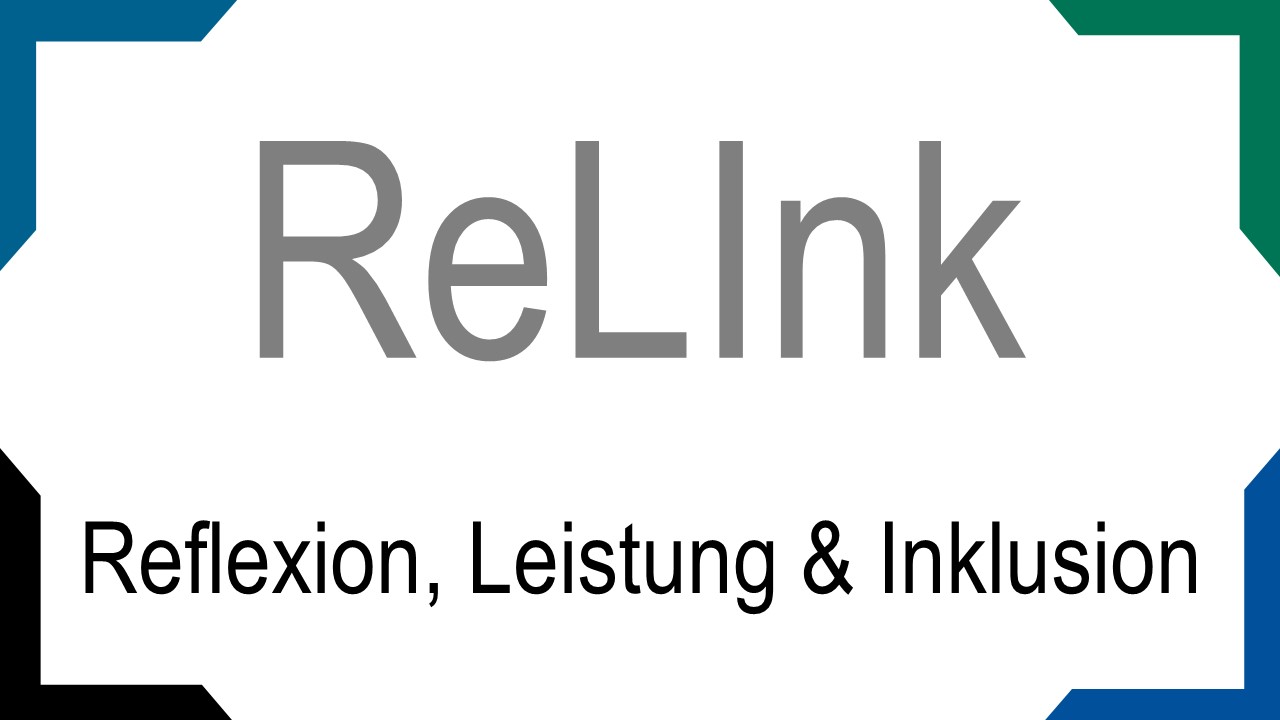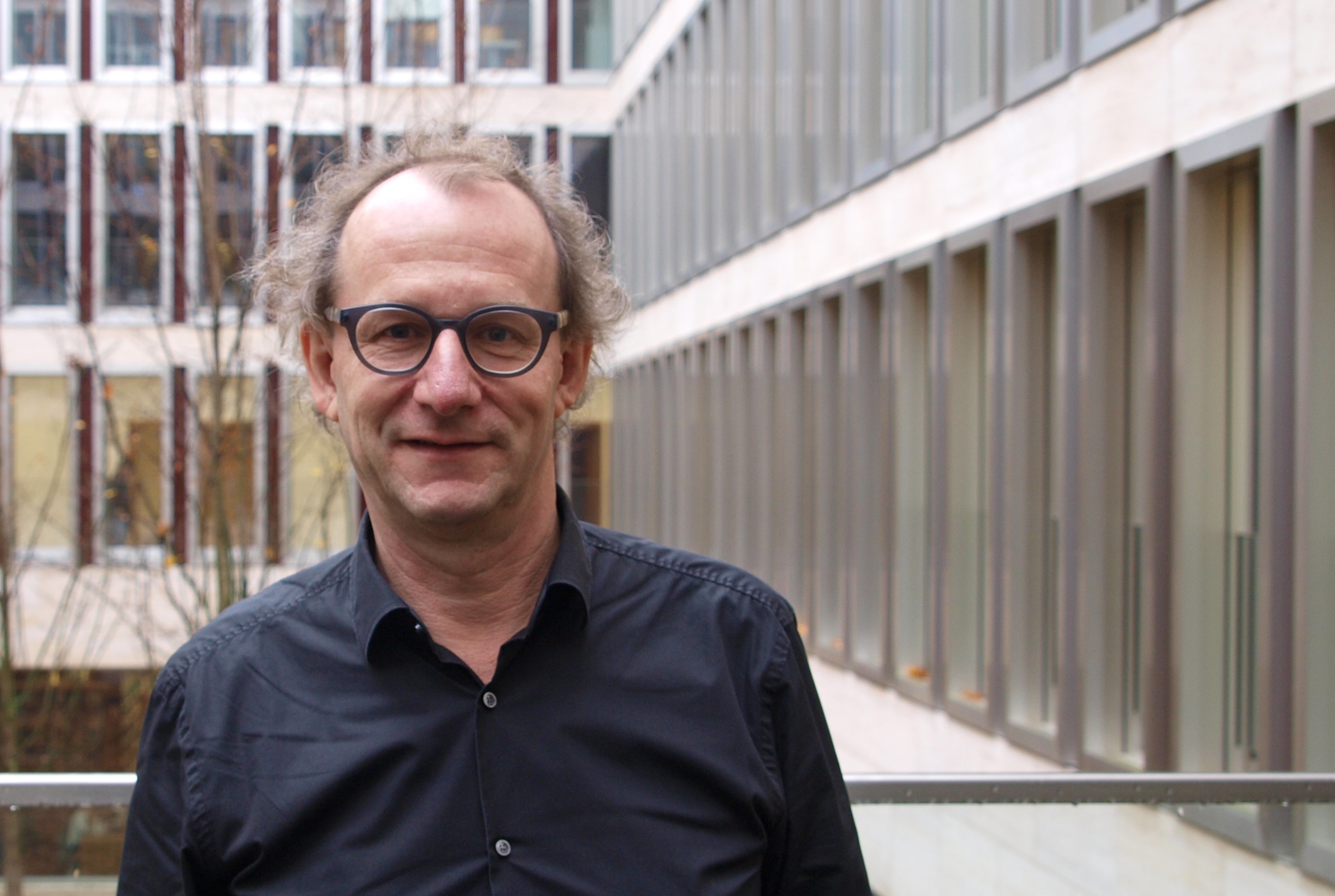Meta-study ‚Qualifications of Educational Staff for Inclusive Education‘ (Metavorhaben BMBF Förderlinie Qualifizierung des pädagogischen Fachpersonals für inklusive Bildung – MQInkBi)

Chief Investigators: Prof. Dr. Dieter Katzenbach & Prof. Dr. Michael Urban
Research staff: Katja Beck (Research Associate), Sophia Laux (Research Associate), Stefan Katzenbach (Web Consultant)
Funding body: German Federal Ministry of Education and Research (Bundesministerium für Bildung und Forschung)
Project duration:
01.10.2017-30.09.2021

Brief description of the project:
The meta-study’s activities are connected to 39 research projects (21 individual projects and 18 collaborative projects) based in Germany. All 39 projects explore research questions in relation to the qualifications of educational staff for inclusive education; however, they study this question within different domains of education. These domains are elementary education, primary education, secondary education and post-secondary education.
The meta-study’s core activities are the following ones:
The first activity, providing support for networking and collaboration among the projects, occurs by planning, organising and setting up different conference formats (e.g. workshops, symposiums) through which the 39 research teams get together and discuss their activities and research findings.
The second activity, the facilitation of research dissemination, includes the development of a project website and an open access journal and the set-up of a newsletter to disseminate the publications emerging from the 39 research projects.
The third activity, facilitating the transfer of empirical knowledge into practice, includes the closer communication with the chief investigators of the 39 projects to build an understanding of the resources that the individual projects need in order to transfer the empirical knowledge gained from their projects into educational practice and to develop strategies that can influence educational policies.
The fourth activity constitutes the research synthesis that the project team is currently developing. The team plans to produce a systematic review - inspired by educational researchers and social science researchers - in each of the four domains of education (elementary education, primary education, secondary education and post-secondary education).
Project Office
Container Wismarer Straße, Room 1.13, Campus Westend
Phone: +49 (0) 69/79836722
Email: mqinkbi@uni-frankfurt.de
Postal address:
Goethe University Frankfurt | Campus Westend
Theodor-W.-Adorno-Platz 6 | Postfach 47
60629 Frankfurt am Main
Reflection, Achievement and Inclusive Education - Required Qualifications for a Reflective Way of Dealing with Achievement in Inclusive Secondary Schools (completed)

Joint Research Project with the Universities of Bielefeld and Hannover
Chief Investigator in Frankfurt: Prof. Dr. Michael Urban
Research staff: Jonas Becker (Research Associate), Katharina Krächan (Research Assistant)
Funding body: German Federal Ministry of Education and Research (Bundesministerium für Bildung und Forschung)
Project duration:
01.11.2017-31.03.2021

Brief description of the project:
The qualifications of teachers working at the secondary level in an inclusive setting still present a major challenge in Germany. In light of a school system that is divided based on performance and measures its success on its achievements, inclusive education and a focus on achievements seem to be incompatible. While one major goal of inclusive education is to have students with special needs present in a regular school setting it also aims to greatly improve acceptance of difference as well as participation, learning and achievement of all students. Based on the social constructivist perspective ‘achievement’ is not simply a ‘given’ but a construct of schools and is intertwined with different social categories. Dealing with performance and achievement presents a central challenge for teachers who must approach it in a very reflective way. Based on a qualitative study of two comprehensive secondary schools and two advanced secondary schools (Gymnasien) this study is underway to identify the required qualifications and their content in order to deal with achievement in an inclusive secondary high school in a reflective manner. It will be discussed in depth how the perspective on learning difficulties is linked to certain reactions towards the (extended) heterogeneous achievements in a differentiated classroom setting as well as the focus on emotional and social development is linked to a specific relationship between achievement and (classroom) behavior. In addition, materials for (pre-service) teacher training and a concept for a school wide teacher education training how to deal with achievement in a reflective manner will be presented. The program will carry out teacher education seminars (single workshops) and the reactions of the teachers will be analyzed.
Professionalization through case work for inclusive schools - Further training concept on the role clarification of pedagogic actors (completed)

Joint Research Project with the Universities of Bielefeld, Flensburg and Siegen
Chief Investigator in Frankfurt: Prof. Dr. Michael Urban
Research staff: Dr. Julia Gasterstädt (Research Associate), Alica Strecker (Research Associate)
Funding body: German Federal Ministry of Education and Research (Bundesministerium für Bildung und Forschung)
Project duration:
01.10.2017-31.03.2021

Sub-project Frankfurt
Sub-project on the action-related area "parent involvement" in the context of cooperation between teachers, parents and school assistants
The international research evidence stresses the importance of involving parents in school processes. ‘School’ is an educational area, usually associated with teaching staff, and can raise questions of access and participation in the context of disadvantaged and marginalised families. Inclusive educational research deals with issues that address the integration of and cooperation with parents of students within inclusive classroom settings. The increasing number of school assistants can introduce barriers in the relationship development between teachers and parents. This sub-project therefore focuses on the cooperation between teachers, parents and school assistants.The relationship between teachers, parents and students involves aspects of professionalism and intimacy. This can create problematic constellations in which not only teachers, but also parents delegate different educational tasks to school assistants. In this research project, we want to investigate how the cooperation between teachers, parents and school system is structured. The aim of the sub-project is to identify the requirements for parental involvement from the perspective of teachers and school assistants in order to develop a related training module.
Joint Research Project with the Universities of Bielefeld, Flensburg and Siegen
Following the UN-Convention on the Rights of Persons with Disabilities, the professional background of educational staff is becoming increasingly heterogeneous (teachers, special education teachers, social pedagogues, school assistants and others). Established work contexts are being challenged by the presence of new groups of actors and their professional self-image - their ‘new roles’ in inclusive setting have, so far, not been clarified. This can introduce barriers to the realisation of inclusive practices. With respect to these barriers, the project aims to conceptualise and implement multiprofessional training that clarifies roles and regards the inclusive action coordination, an emerging concept that this research project is currently exploring. Governance-analytical and role-theoretical frameworks of role-specific coordination modes of educational staff in the inclusive school are supposed to be empirically reconstructed (in presence of school assistants). The findings of this study will be converted into case studies, which will be used for casework training for educational staff. This process is intended to support them in jointly developing perspectives for further coordination of actions at their own school.




